The efficiency of a dentist’s toolbox largely depends on the trusty dental burs which are used to precisely shape hard materials, such as teeth and bone. From cleanings and cavity removal to more involved procedures like root canals, these tools are mandatory for success – but how long do they keep their sharpness?
When it comes to how quickly dental burs become dull, a few components come into play. The nature of the material being worked on – teeth being more challenging to cut than say plastics, for instance – and the type of bur employed, be it tungsten carbide or diamond, both contribute. Yet the proficiency of the user also factors into it; tooling skill can help avoid too much force being applied, leading to less bur wear.
Although it takes a few uses for a dental bur to wear out, smaller ones, which are designed for precision work, can go dull much faster. Fortunately, you can always swap them out for a freshly sharpened bur with ease.
Placing burs in airtight, dry locations when not in use does a world of good in preserving their sharpness. Rust and damp areas – like that of a dental practice – are the biggest culprits to answer for dulling the bur. As such, ensuring proper storage conditions is essential in getting the most out of it and extending its usability.
With overuse, dental burs deteriorate quickly unless they are utilized properly. If there is a regrettable addition of undue pressure during the drilling process, the bur’s sharpness can rapidly wane. Incorporating the proper method with sensible intervals for cooling is essential for a successful result.
From bur-to-bur, the shelf life of dental tools can depend heavily on the materials being worked with, the type of equipment used, and how proficient the operator is. But with proper maintenance and correct diagnostic techniques, burs may be able to last more than their original estimates! And of course, if maximal performance does seem to slip at any point, keeping clean, sharp replacements on hand is a simple strategy that can help restore results.
Dentists are heavily dependent on dental burs to execute multiple tasks that keep our pearly whites glistening and healthy—a critical question we must ask being, how long before these tools become dull? Knowing the answer can considerably impact both the accuracy and quality of the work done.
Different shapes and sizes of dental burs are available, each boasting a unique set of traits that contribute to their longevity. A tungsten carbide bur for instance, is particularly durable due to its high-speed properties, exhibiting a greater resistance to wear and tear when compared to average steel burs. Nevertheless, even these sturdier instruments will ultimately need replacing at some point – wear and tear cannot be prevented indefinitely.
With regards to the longevity of a dental bur, it’s often said that it’s suitable for around 10 to 15 minutes of use. Though, this span relies heavily on the type of bur and the job being completed; each kind of bur is shaped to abrade distinct materials, such as enamel, dentin, or amalgam. Subsequently, based on the hardness of the material being cut, the level of wear and tear will be distinctive. As an example, a bur created for enamel will quickly burn out compared to one configured for dentin.
A dentist’s expertise and approach can influence the rate of bur dulling. Working rapidly with a vigorous attitude will expedite the bur’s breakdown, whereas taking a softer, more exacting approach will lengthen the life of the bur. Furthemore, if the bur is used on various individuals throughout one day, it will begin to lose its cutting prowess more quickly than if it’s used by just one person.
When burs become dull, it is a must to replace them, since this can prevent any damage they may cause to the teeth. Additionally, to get the best possible performance from burs, it is recommended that they are inspected both before and after being used.
When a bur becomes damaged or its edges become too rounded, it is time to replace it with a brand new one. Continuing to use a bur that is past its lifespan can result in numerous issues, such as infection from small particulates, significant difficulty in completing the job, and even harm to the tooth.
In the end, dental burs are prone to quick dulling, and several contributing factors can speed up this process, such as the bur’s material, the type of work being done, and the doctor’s expertise. To keep the quality of work consistent and to limit any potential harm to the customer’s teeth, it is essential to inspect the burs routinely—both before and after each use—and to swap out any burs that seem worn down.

Related Product
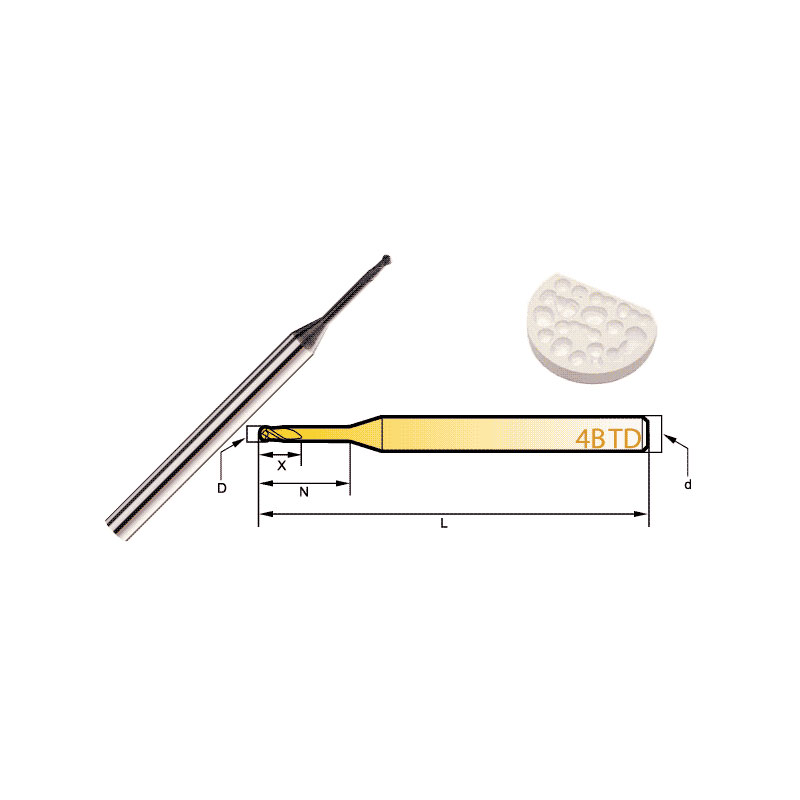
Diamond Bur Ball Round
Product Information Product Name Dental 4-Flute Ball End Mill Brand MSK Model D Number Of BladesZ X N L d 4BTD2060 2 4 6 6 50 3 4BTD2010 2 4 6 10 50 3 4BTD2016 2 4 6 […]
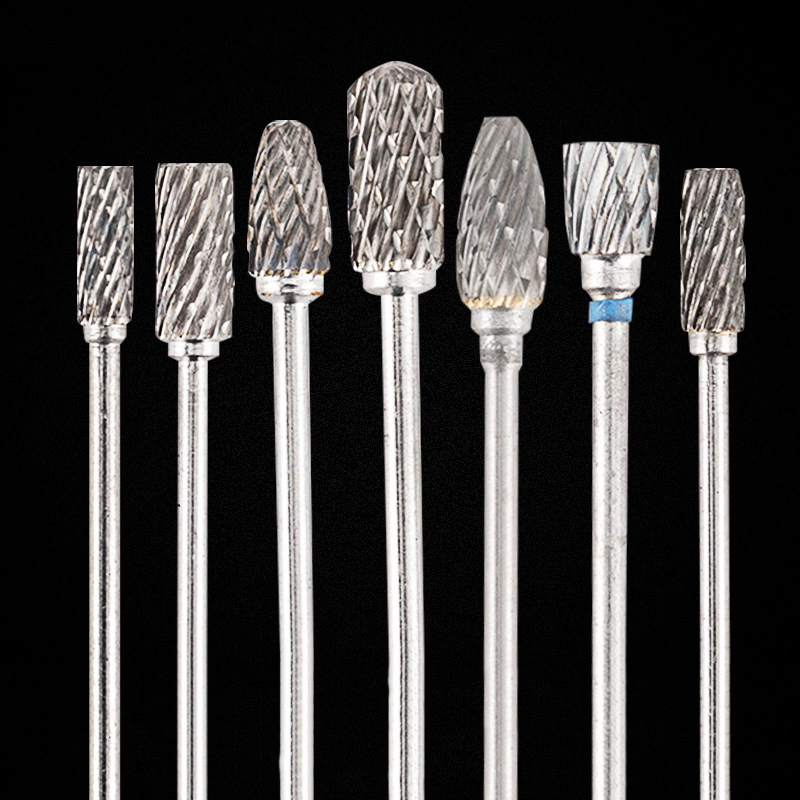
HP Deburring Carbide Burs
Product Information Brand MSK Material Tungsten Steel Model Grinding Head Custom Processing Yes Feature: The dental grinding head is made of tungsten steel with stabl […]
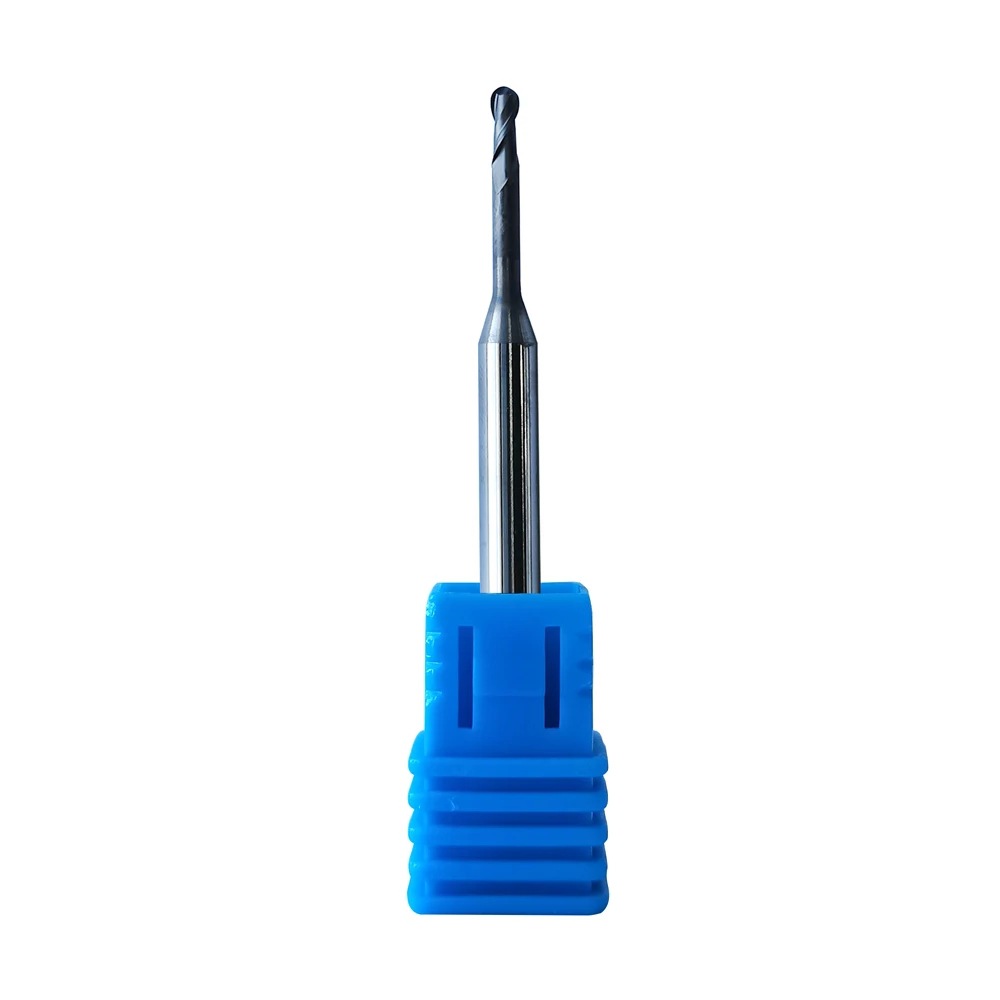
Supply Roland DLC Zirconia Burs
Product Information Origin Tianjing, China Series Dental Bur Brand MSK Cutting Edge Form 2 Blade/3 Blade Ball Diameter (Mm) 0.6, 1, 2 Material Very Fine Grained Cemented Car […]
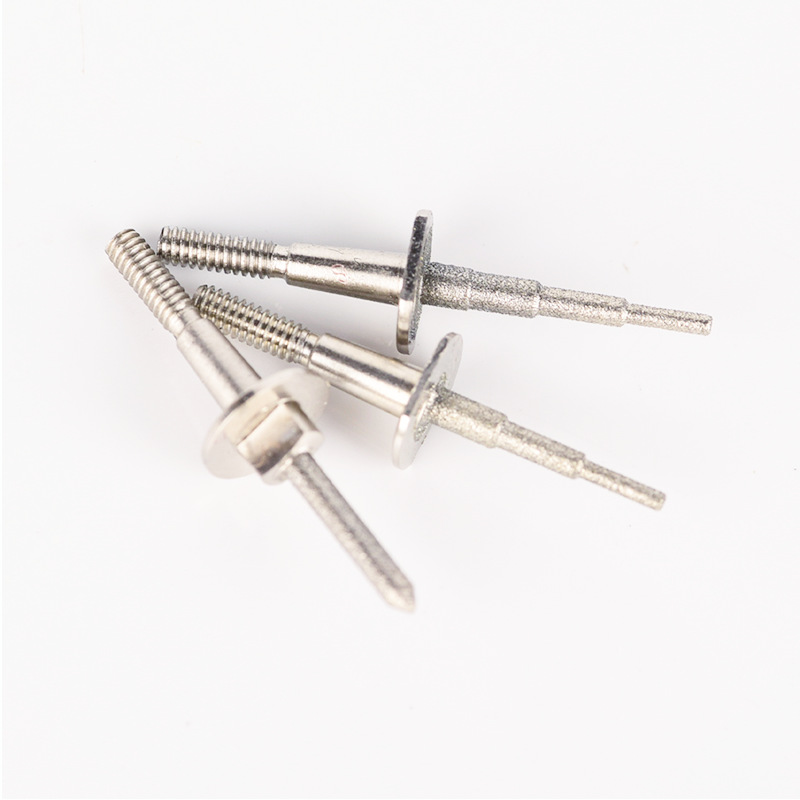
Step Bur Milling Bur Grinder for Glass Cerami
Product Information Origin Tianjing, China Shank Diameter 1.8 (mm) Brand MSK Scope Of Application CEREC3 Grinding Equipment Material Stainless Steel/Carbide Main Sales Areas […]
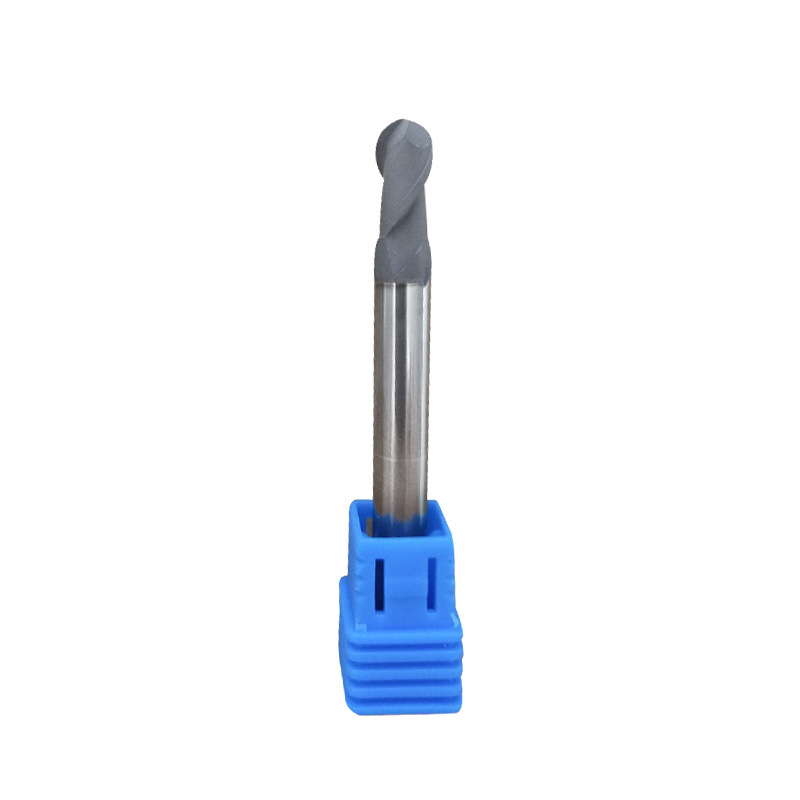
Diamond Coating Round Diamond Cutters
Product Information Origin Tianjing, China Series U Series Brand MSK Cutting Edge Form Helical Structure Ball Diameter (Mm) 3 Material Carbide Minimum Cutting Diameter At Th […]
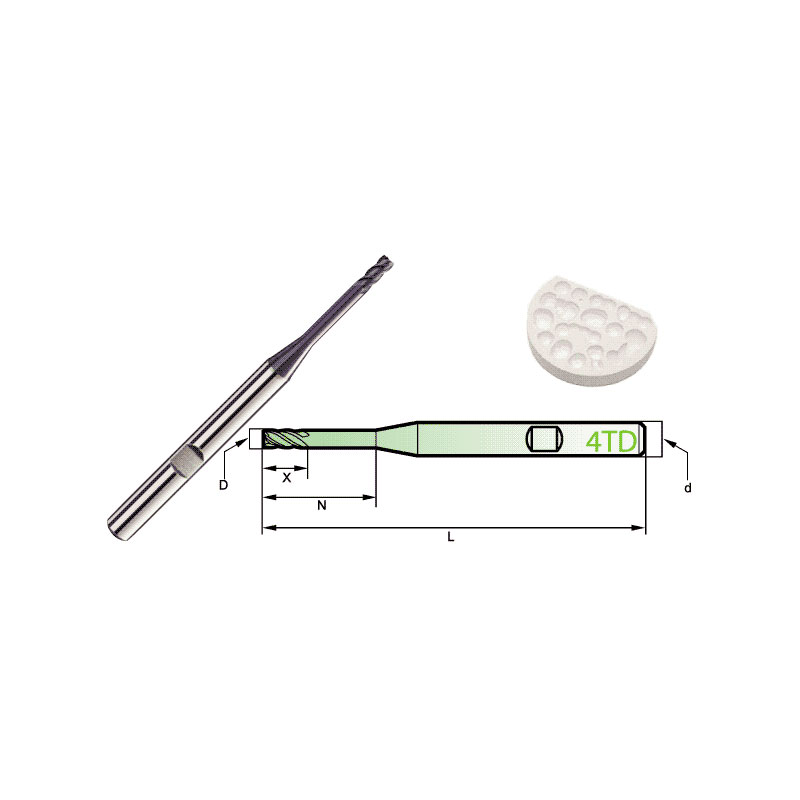
Carbide Roland CAD/CAM Burs
Product Information Origin Tianjing, China Brand MSK Number Of Blades 4 Product Name Dental Special 4-Blade End Mill Model D Number Of Blades Z X N L d 4TD2060HB 2 4 […]
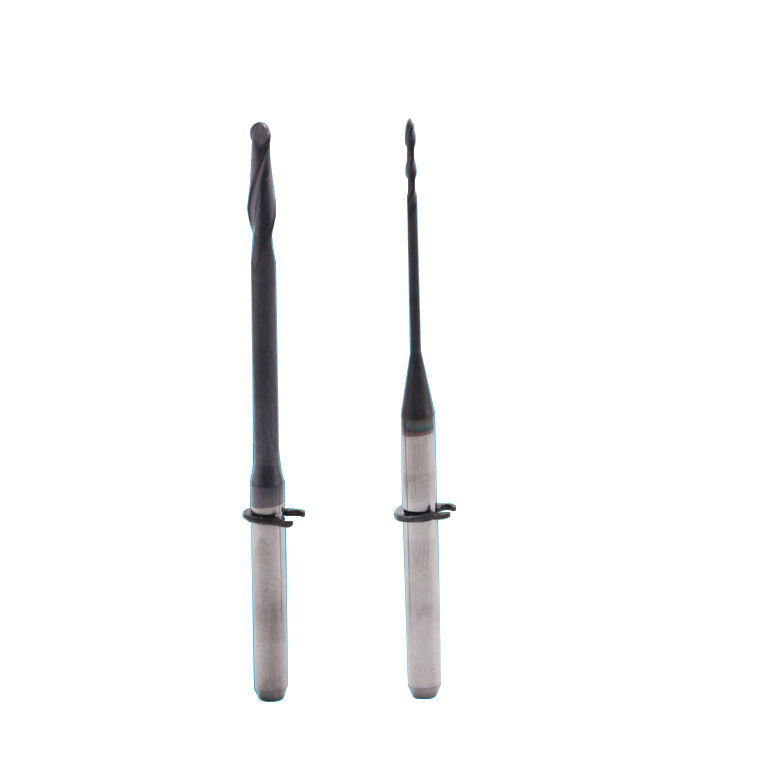
Dental CAD/CAM Milling Burs
Product Information Origin Tianjing, China Material Stainless Steel Brand MSK Applicable Machine Tools A Variety Of Options Custom Processing Yes Whether To Coat No Is It a […]
Post time: 2023-07-25
